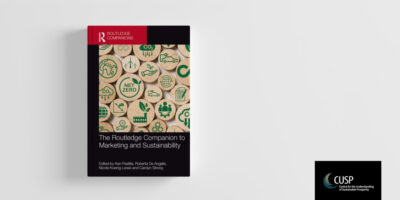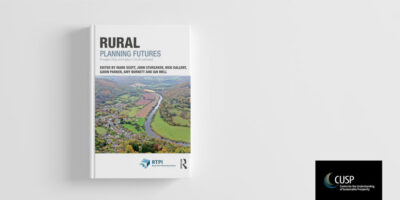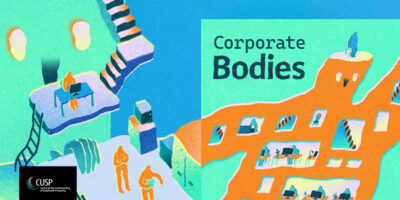The Politics of Sustainable Prosperity
A transformation of our political discourse and practice will be necessary to achieve a Sustainable Prosperity, co-investigator Dr Philip Catney writes in this blog, introducing his research perspective on our projects exploring the political and organisational dimensions of sustainable prosperity.
Blog by PHIL CATNEY

What can politics do to help save the planet? It is a familiar complaint to hear that politics offers little prospect for advancing social welfare and environmental protection. And yet the move towards any form of sustainable prosperity is contingent on there being a transformation of our political discourse and practice, which is based on the assumption that growth is the necessary response to social and economic problems. With growth, such problems are claimed to be soluble. Radical thinking about alternatives – and the consequences of unrestrained growth on the environment – is pushed to the margins. Within the new Centre for the Understanding of Sustainable Prosperity (CUSP), we examine alternative visions of what could be done to advance social welfare, prosperity and sustainability.
We do this in two ways. First, we examine how local initiatives have been launched to challenge the existing order by seeking to ‘prefigure’ what a sustainable society might entail. This involves ethical ways of providing welfare, as well as goods and services to people which are compatible with sustainability. Such local-scale experimentation is crucial if society is to innovate in ways that can be ‘scaled-up’ for wider society. Recycling is just one of many modern environmental activities that have been widely taken up by government but which has its roots in the actions of local-level actors.
Second, CUSP will also explore how wider ideas about the nature of the state and democracy can be reformed to promote alternatives to the current order. We do this through lesson-drawing for positive innovations across different political systems (constitutional provisions, laws, regulation, participation, and so on), but also through a critical engagement with the concept of the ‘green state’ and the wider culture and practices that both challenge sustainable prosperity and create space for alternatives. This involves fostering more open, participatory forms of governance to enable processes of reflection, with a range of different voices. In short, we explore these different ways of changing the grammar of political discourse on the environment.
Our Politics theme is, therefore, concerned with seeking alternatives to the current political order from both the realm of ideas and already-existing action.



